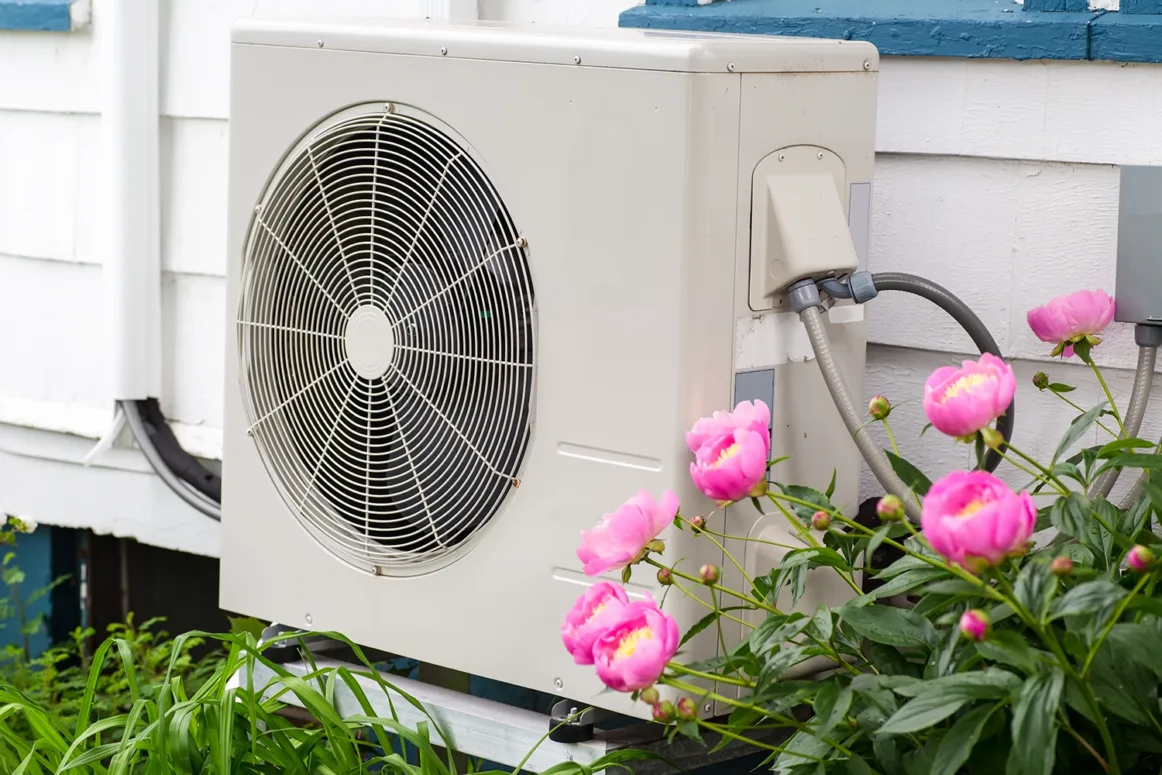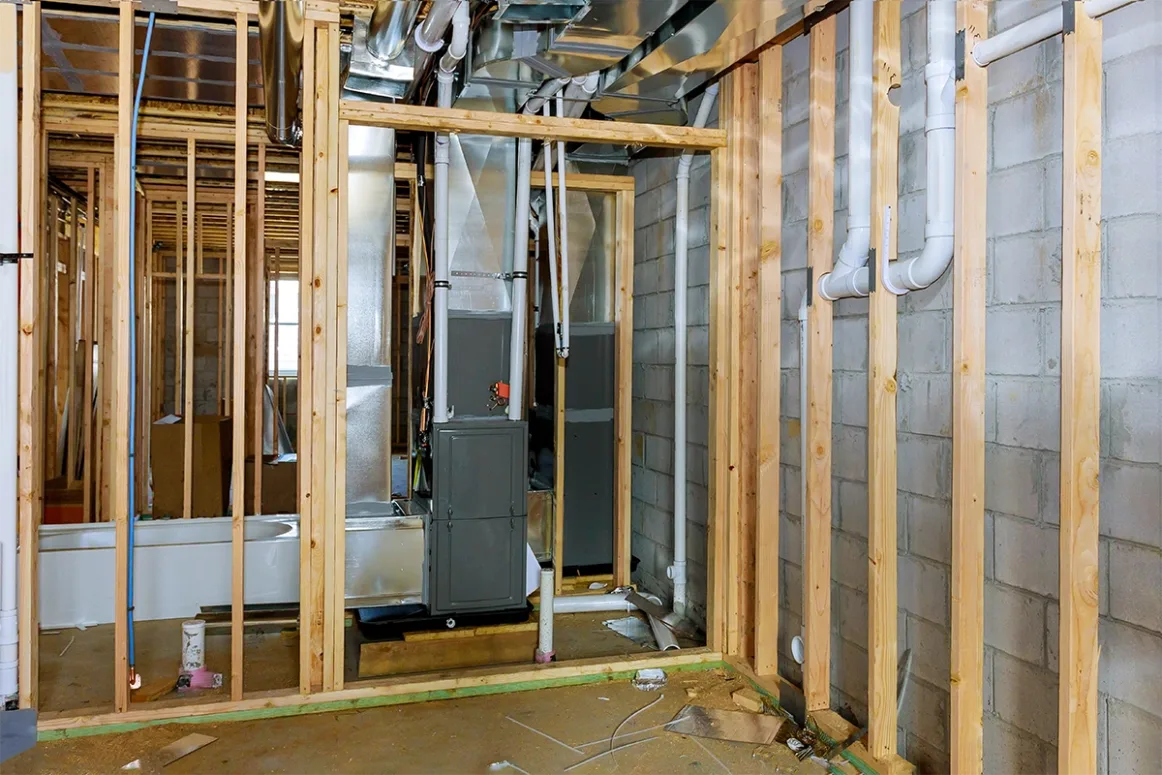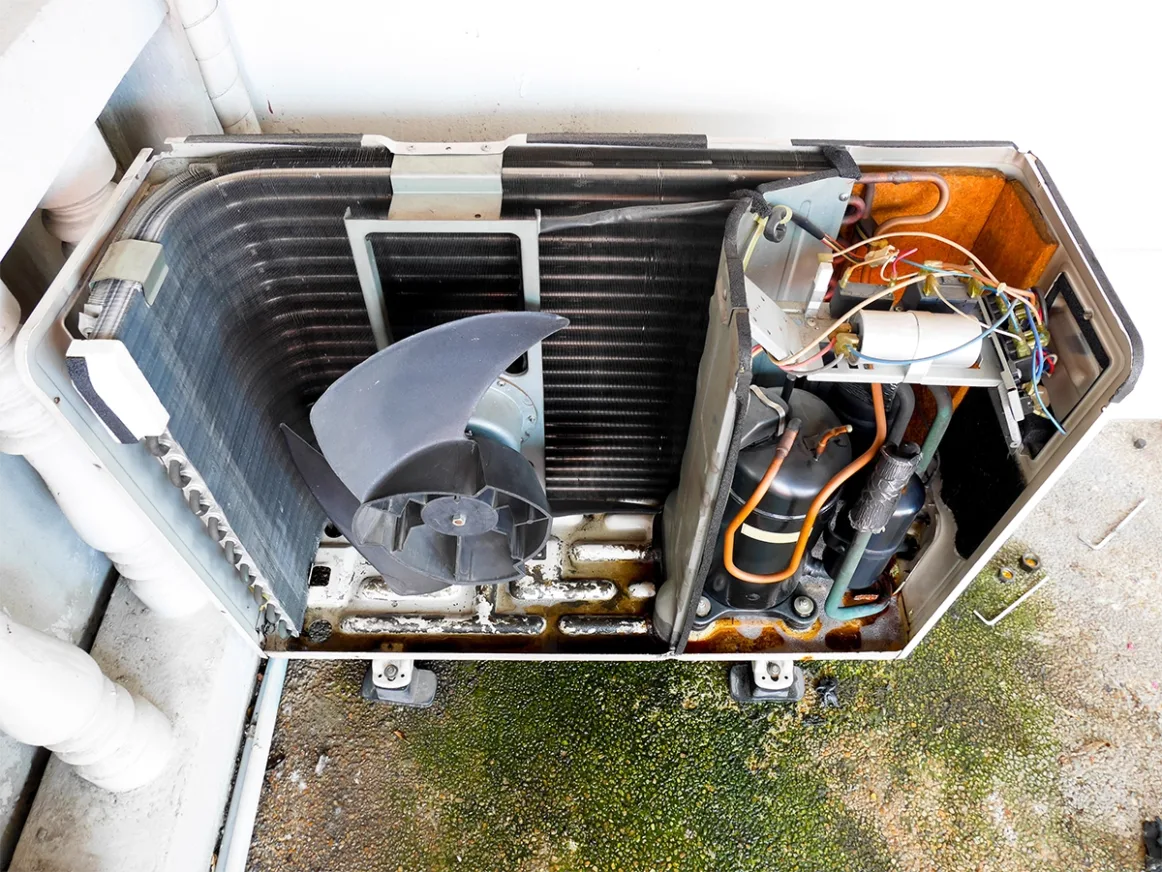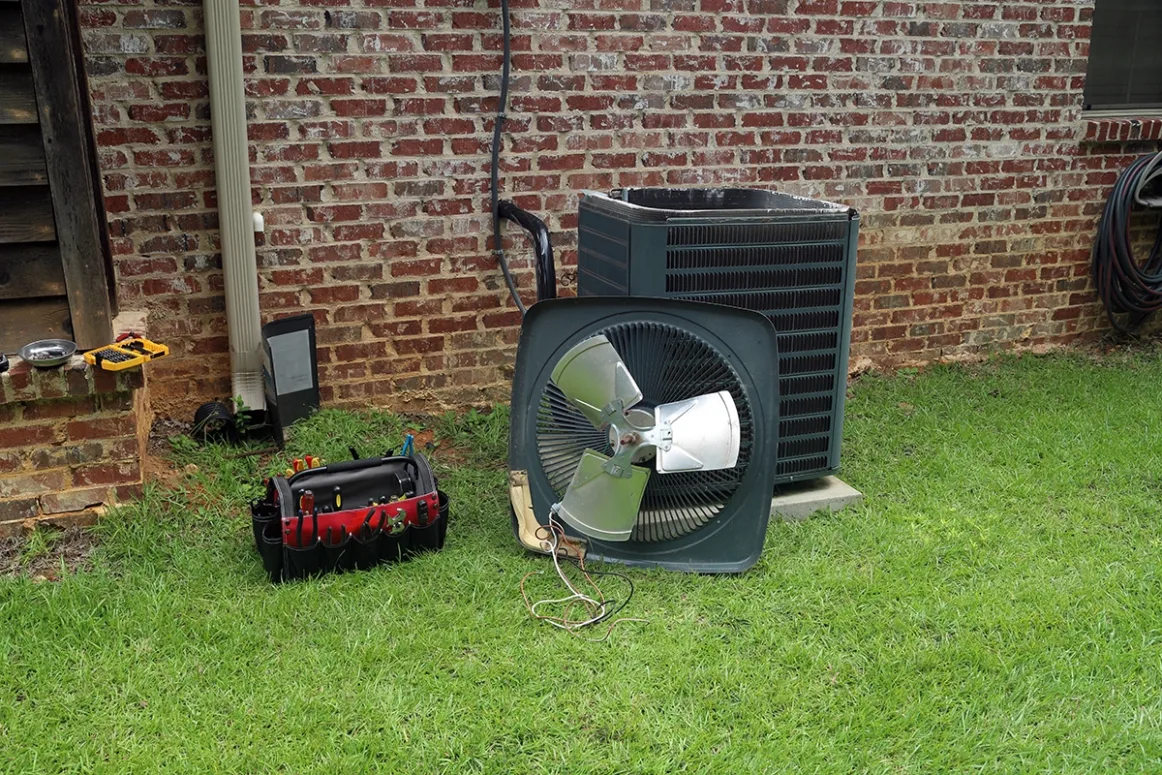
Can HVAC Tuning Prevent Heat Pump Failures?
What Is HVAC Tuning and How is it Carried Out?
Also called preventive maintenance, HVAC tuning to prevent heat pump failures is a detailed verification of all parts of the heating-ventilation-air conditioning (HVAC) system running at their best. This process generally has several standard steps within which some key activities usually fall within:
- Inspection: The maintenance staff inspects worn parts such as coils, filters, electrical circuits, hearths, belts, and other core systems.
- Cleaning: To prevent overheating and enhance efficiency, dust, and debris that may have accumulated on the condenser, evaporator coil, and other essential components must be removed.
- Adjustments: Calibration of thermostats, fastening electrical connectors, lubrication of knurling, and other moving parts.
- Testing: The HVAC’s working elements and systems are operated, and their efficiency and safety are verified.
How Can Regular HVAC Tuning Prevent Heat Pump Failures?
The performance and life of heat pumps can be enhanced with regular HVAC tuning, which addresses several concerns:
- Efficiency: Clean and in good-condition components enhance the heat pump’s efficiency, reducing heating costs.
- Elimination of Breakdowns: Problems can be repaired before they extend to more extensive concerns, avoiding heat pump breakdowns.
- Extended Lifespan: Heat pumps can be extended by being managed under ideal working conditions, thus postponing expensive replacements.
Does HVAC Tuning Prevent Heat Pump Failures?
To appreciate the relevance of regular HVAC tuning to prevent heat pump failures, the following factors need to be considered:
- Component Wear: Maintenance helps minimize the degree of wear and fatigue on the components, which, if ignored, could result in numerous failures.
- System Reliability: System tuning increases the heat pump’s total reliability because all the parts function properly, are well coordinated, and work efficiently.
- Issue Detection: Tunings allow for correcting very small problems that could cause all or part of the heat pump to fail if it is not tuned.
What Are the Risks of Not Tuning?
If there is no attention coming to the heat pump, then several dangers are going to arise, turning over the safety and functioning of the heat pump to:
- Increased Operating Costs: Operating inefficiently can cause heat pumps to use more energy, especially when the desired room temperature cannot be reached, increasing electric bills.
- Frequent Repairs: Failure to maintain and inspect the components at certain intervals increases the chances of these parts failing, which means repairs are done more often, even if the repairs are costly.
- Reduced Comfort: An inefficient heat pump could struggle to maintain consistent temperatures, affecting the comfort levels within the home.
How Often Does Your System Need Tuning?
Some factors determine HVAC tuning, which include the factory specifications of the heat pump, its actual age, and site conditions:
- Annual Check-Ups: As a minimum rule, heat pumps are to be given a check-up and tuning once a year, which should preferably be conducted before the onset of the heating season.
- Bi-Annual Reviews: Consider scheduling tuning twice yearly for optimal performance in severe weather conditions or older systems.
What Are the Long-Term Expectations?
The following are reasons why a heat pump owner should regularly set aside funds for performing maintenance on the HVAC system:
- Cost savings: Minimizing the system repairs cost as well as energy consumption.
- Peace of mind: the heat pump will be less likely to develop faults for some time.
- Environmental Impact: Well-designed, environmentally friendly systems will require less energy.
Does HVAC Tuning Prevent Heat Pump Failure and Why Should Homeowners Not Overlook it?
HVAC tuning is one of the essential maintenance activities that are undertaken in home maintenance that overlooks homeowners because:
It enables efficient use and reliability of heating and cooling equipment and other systems.
The red flags show possible problems at an early stage; thus, its expense in repair maintenance and system breakdown can be avoided.
This helps enhance the health and comfort of the household.
Contact the experts at Russell Heating and Air to ensure your system is ready for winter and the seasons to come.





